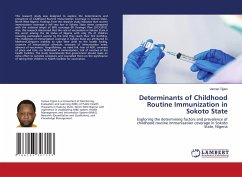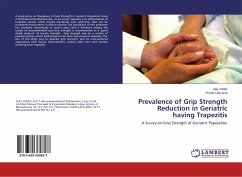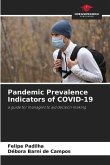This research study was designed to explore the determinants and prevalence of Childhood Routine Immunization Coverage in Sokoto State, North West Nigeria. Findings from the research study indicates that routine immunization coverage is still very low in Sokoto State when compared with the national target of 80% coverage (RI Strategic Plan 2013-2015). Also, this research discovered that the rate of vaccination in Sokoto State is the worst among the 36 states of Nigeria with only 3% of children receiving pentavalent vaccine by the time they reach their first birthday. The challenges of immunization coverage in Sokoto State are attributed to Mothers/Caregivers inability to take their child to the health facility, unaware of immunization schedule, unaware of immunization need, absence of vaccinators, forgetfulness, no need felt, fear of AEFI, unaware of place and time, no faith/belief in immunization, lack of vaccines at the health facilities. The study recommends that government should make an extra effort to sensitize caregivers and counseled them on the significance of taking their children to health facilities for vaccination.
Bitte wählen Sie Ihr Anliegen aus.
Rechnungen
Retourenschein anfordern
Bestellstatus
Storno








